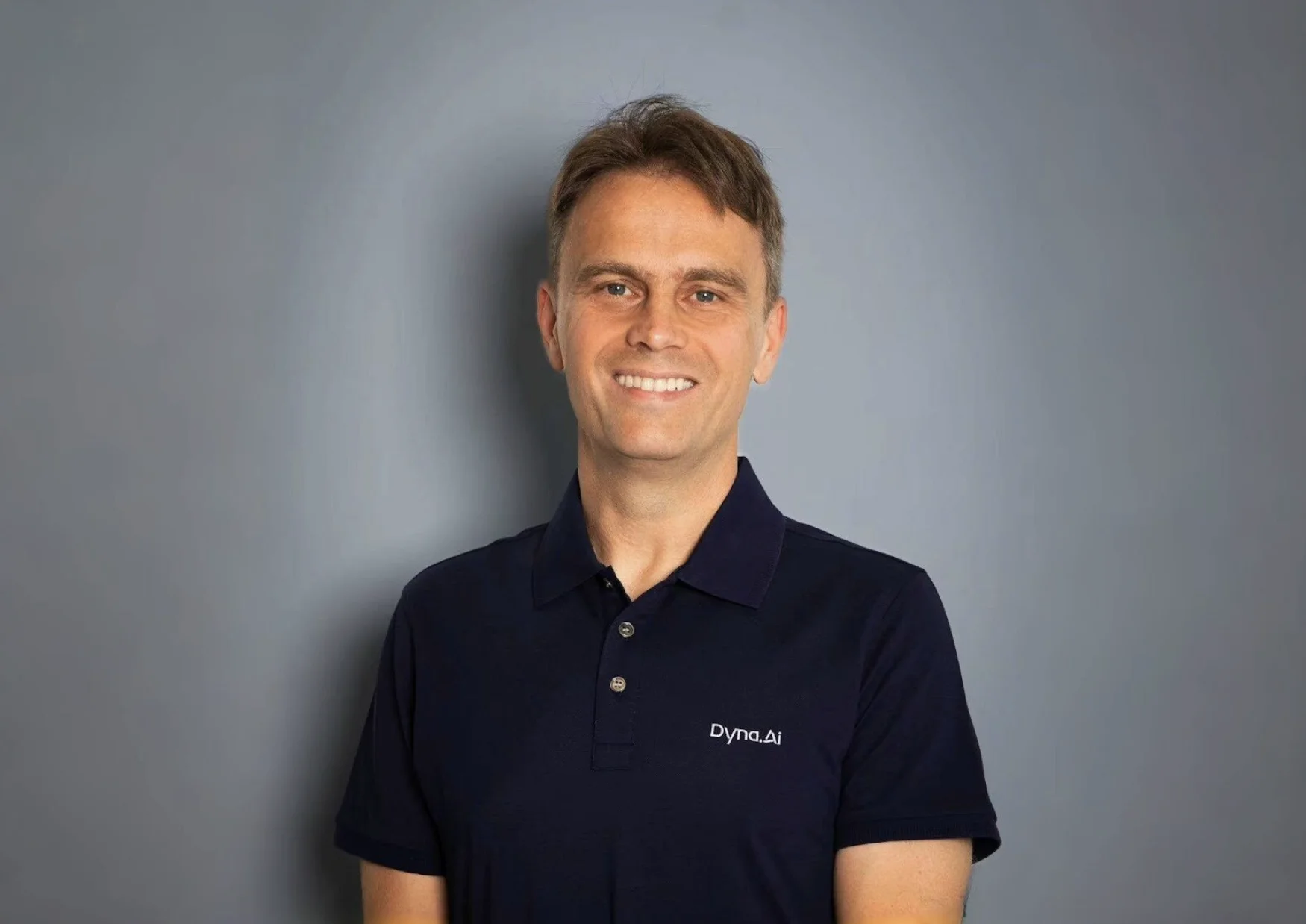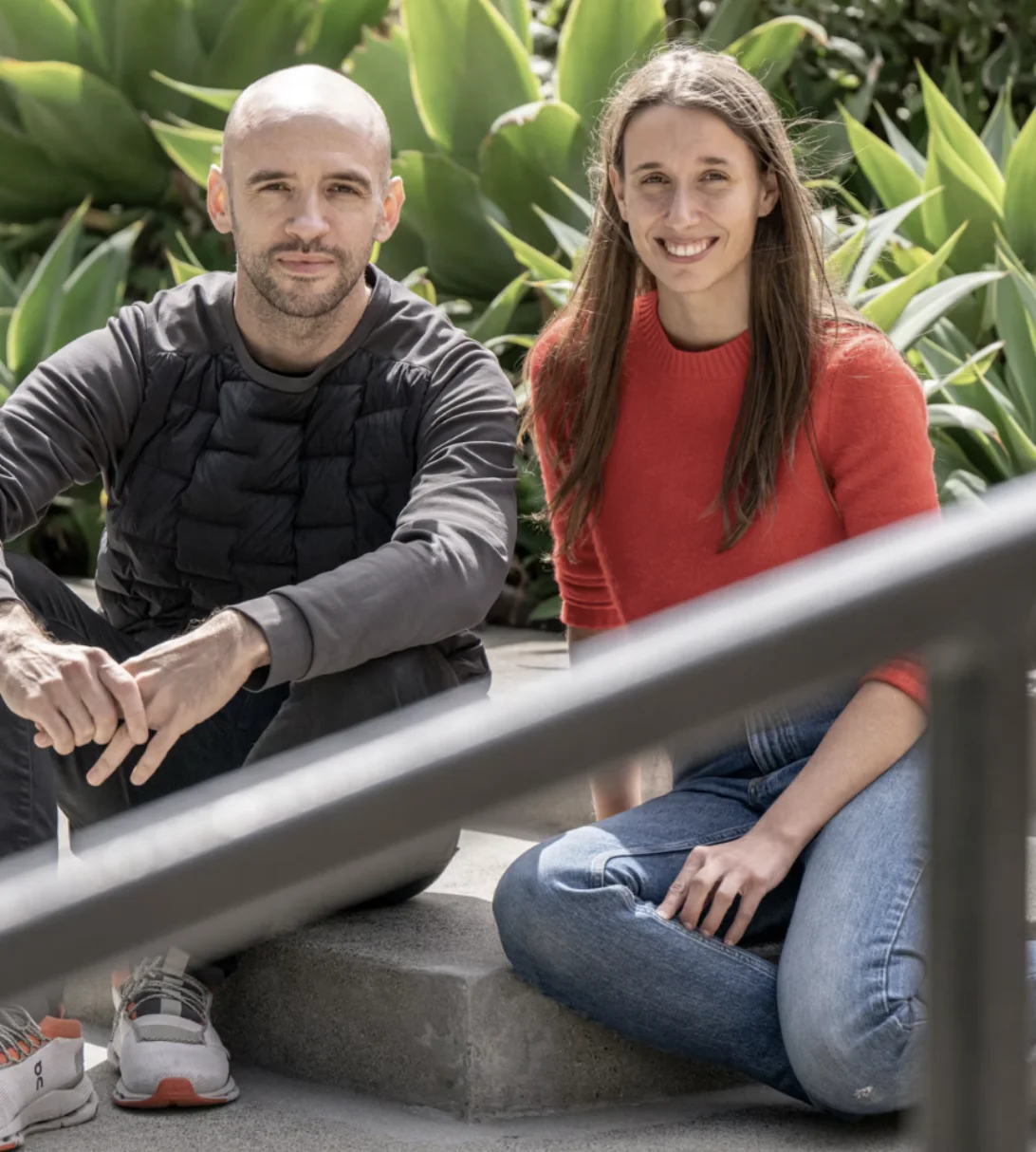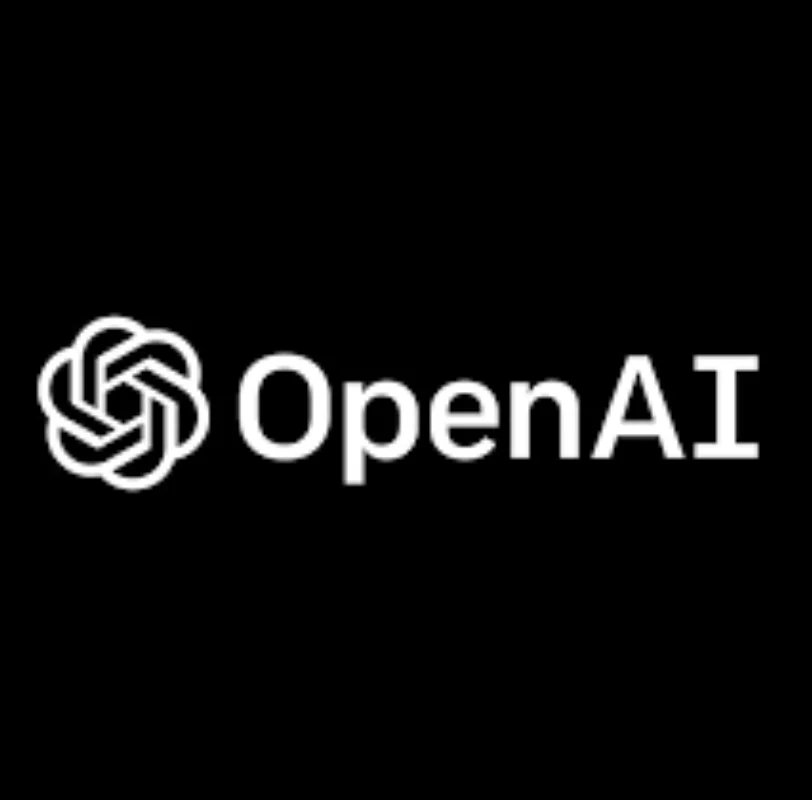As a true pioneer of artificial intelligence (AI), marked by the important work of Alan Turing, for example, the UK is making progress in securing a dominant position on the global stage in shaping AI safety protocols.
In a speech delivered by Prime Minister Rishi Sunak yesterday, he discussed the transformative potential of AI, comparing its impact to monumental shifts such as the Industrial Revolution, the advent of electricity and the inception of the internet. However, Sunak also underscored the substantial risks associated with AI, noting its potential use in creating chemical or biological weapons and its exploitation by criminals.
Lose Control
“In the most unlikely but extreme cases, there is even the risk that humanity could lose control of AI completely through the kind of AI sometimes referred to as super intelligence,” said Sunak.
In preparation for the upcoming AI Safety Summit, hosted at Bletchley Park — famous for its World War II codebreakers — the UK government released a comprehensive report on “Capabilities and risks from frontier AI.” The report categorizes frontier AI as highly proficient general-purpose AI models, including advanced language models like OpenAI’s ChatGPT and Google’s Bard.
Sunak announced the establishment of the world’s inaugural AI safety institute, tasked with evaluating and testing novel AI types to better understand potential risks. He further proposed the creation of a “truly global expert panel,” nominated by attending countries and organizations, to issue a state-of-the-art report on AI science. This move positions the UK as a leading advocate for AI safety, even as it acknowledges the U.S.’s and China’s current dominance in the AI domain. The UK hosts prominent AI firms like DeepMind and boasts strong tech-centric universities, though it is commonly viewed as a third contender in this field.
Inviting China
With an eye on leading the way in regulating AI technology, Britain is making strategic efforts to convene nations and businesses at the summit. The inclusion of China in the invitees reflects the global nature of AI’s development and the ongoing technological rivalry between China and the U.S., with each nation enacting policies to shape the trajectory of AI advancements.
“Now, I know there are some who will say that [China] should have been excluded. But there can be no serious strategy for AI without at least trying to engage all of the world’s leading AI powers,” said Sunak.






